Football and politics are not separate.
- Samuel Elom
- Aug 19, 2025
- 3 min read
Football has never been just a game. On the field, dribbles and goals. Off it, speeches, symbols, narratives. Football and politics have always played on the same team, even though many try to pretend otherwise.
From the military dictatorship in Brazil to the World Cup in Qatar, from the captain's armband to the deafening silence of the stands, football carries ideologies, raises flags, and sometimes even burns them. It's a popular passion, but also a tool of power.
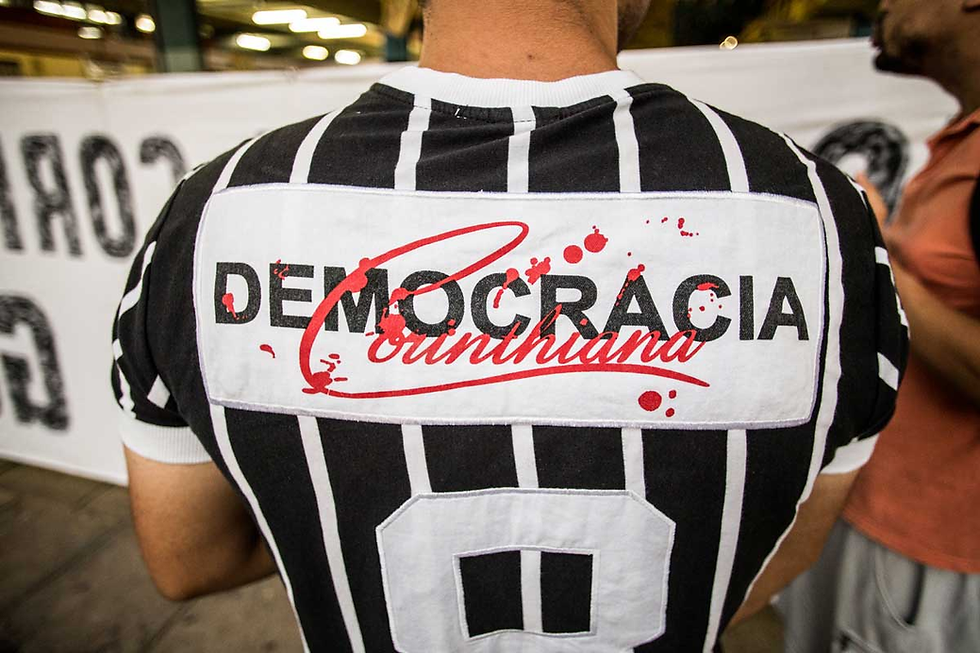
The myth of neutrality: “football is not a place for politics” (is it?)
The phrase "football and politics don't mix" is repeated as if it were a rule of the game. But in practice, it only serves to delegitimize protests and positions that cause discomfort.
When a player kneels against racism or holds up a jersey with a social message, discomfort arises. But what about when a country's president uses the national team's jersey as political marketing? Then it seems no one cares.
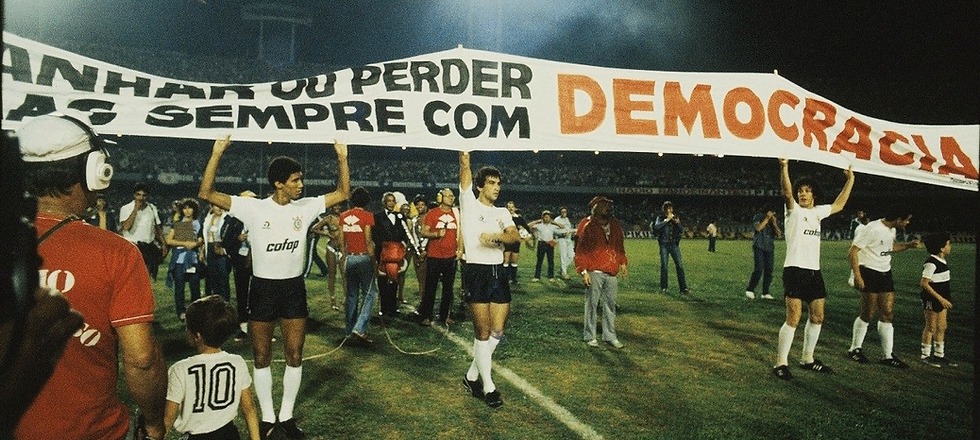
From Socrates to Rashford: Resistance has a uniform
In recent history, several athletes have broken the silence imposed by the logic of pure entertainment.
In England, Marcus Rashford took on the government to guarantee school meals for underprivileged children. In both cases, the ball became a megaphone.
Unsubmissive Idols: When Socrates and Reinaldo Kicked the System
In Brazil, Socrates and the Corinthian Democracy, Reinaldo and others challenged authoritarianism on and off the field.
Socrates and Corinthian Democracy
Doctor, philosopher and Corinthians' number 8 in the 1980s, Sócrates Brasileiro Sampaio de Souza Vieira de Oliveira was much more than a football star.
He was the soul of Corinthian Democracy , a movement within the club that, during the Military Dictatorship, defended voting, participation and collective decisions — from team selection to administrative issues.
Everything was decided collectively, including the wearing of Corinthians jerseys with slogans like "Win or lose, but always with democracy," right at the height of the repression. Sócrates was also one of the most important voices in the Diretas Já campaign, even saying at a rally:
“If Congress doesn’t approve direct elections, I’m leaving Brazil!”
Promise made, promise kept: Congress rejected the Direct Elections movement in 1984, and soon after, he signed a contract with Fiorentina and went to play in Italy. It was a way of protesting the country's democratic regression.
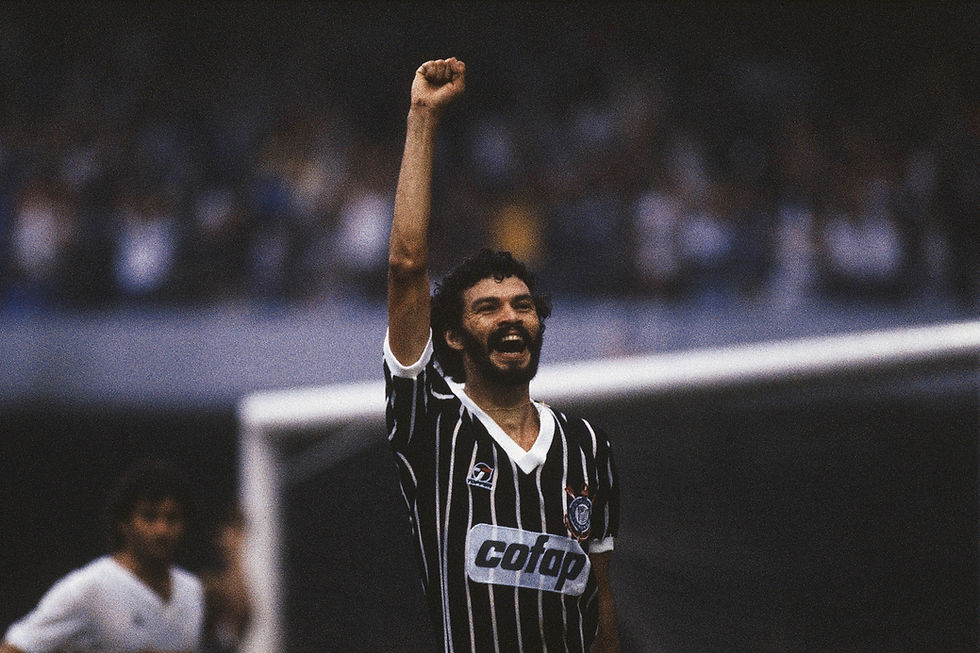
Reinaldo, the Rooster King, the king of boldness
Reinaldo , a striker for Atlético-MG in the 70s and 80s, was one of the most unfairly treated players in the history of Brazilian football. A genius on the field (he averaged almost 1 goal per game ), Reinaldo would raise his fist during every celebration , in reference to the Black Panthers and the fight against oppression.
This was disturbing—very disturbing. Reinaldo was openly critical of the dictatorship and racism, spoke out on behalf of the poor, and never backed down. The result? He was systematically boycotted by the CBF and the press at the time .
Even though he was a top scorer and in good form, he was left out of the 1978 World Cup (he only played one game) and was not called up for the 1982 World Cup, when many expected to see him shining in the attack of Telê's team.
“If I were submissive, I would have played in three World Cups,” he said years later.
Ultimately, Reinaldo paid the price for not being a "good boy" to the suited and booted men of his time. But he became a legend, and to this day, he's a symbol of courage on and off the field.

World Cup, geopolitics and boot diplomacy
World Cups have always been major political arenas. The 1978 World Cup in Argentina was used by the dictatorship as a smokescreen. The 2018 World Cup in Russia had an atmosphere of nationalist propaganda. And the 2022 World Cup in Qatar sparked debates about human rights, slave labor, and freedom of expression.
Yellow shirt: symbol of the nation or political appropriation?
Perhaps the greatest recent example of how football and politics mix in Brazil is the symbolic dispute over the national team's shirt.
The yellow that was synonymous with joy and the World Cup has become, for many, a polarized political symbol. And this appropriation has affected the way Brazilians connect with their own team. Some support it, but don't wear it.
In the end, it's all politics. And all football.
Football is a mirror, and what it reveals goes far beyond the scoreboard. Politics is present in the fans' songs, the broadcasts, the interviews, the call-ups, and the silences. Pretending this doesn't exist is playing against it.






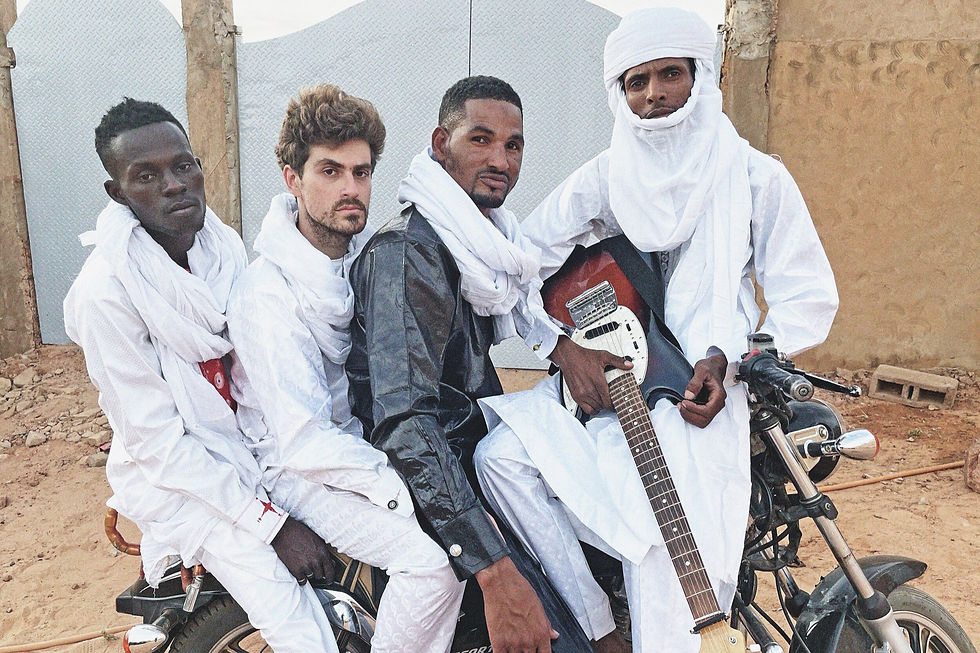

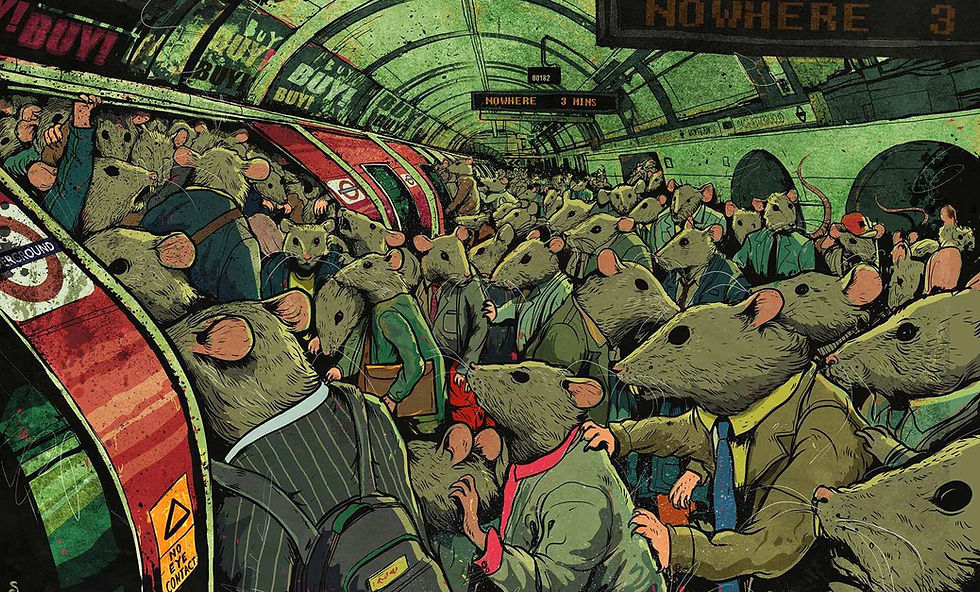
Comments